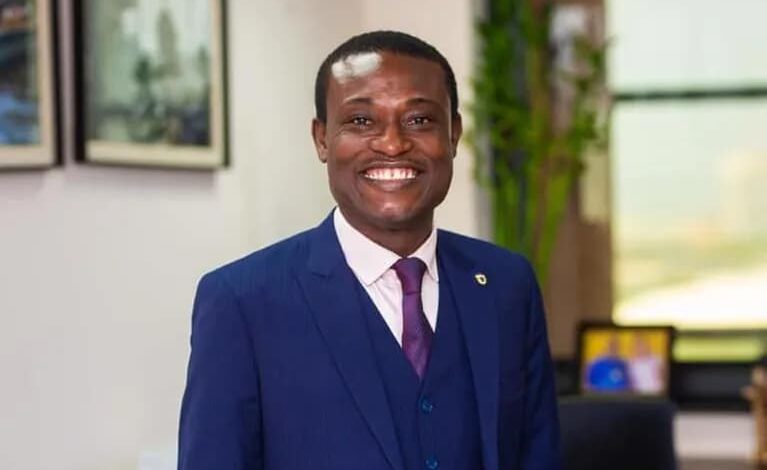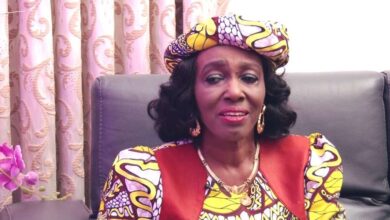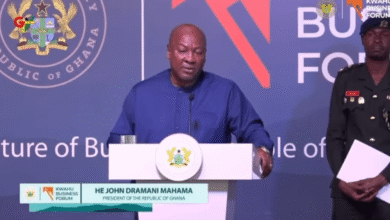There’s No Bad Blood Between OSP and Attorney-General

Special Prosecutor Kissi Agyebeng has clarified that there is no tension or misunderstanding between the Office of the Special Prosecutor (OSP) and the Attorney-General (AG) over the ongoing extradition case involving former Finance Minister, Kenneth Ofori-Atta.
The OSP explained that the matter was simply a case of timing, not rivalry or institutional friction.
“There is no bad blood between the Office of the Special Prosecutor and the Attorney-General, nor is there any contention over the case docket,” Kissi Agyebeng said. “The issue at hand is primarily one of timing. The OSP is nearing completion of its work on some of the cases involving Mr. Kenneth Ofori-Atta and will, in due course, submit the necessary information required to complete the extradition process to the AG.”
He noted that his office was finalising several related investigations, some of which could lead to new charges. “It is understandable that the AG may be under public pressure, particularly regarding progress on the ORAL matter,” he said, “but the same understanding the AG has asked the public for in the past should now be extended to the OSP. Investigations take time.”
Agyebeng emphasized that his office operates independently and within a clearly defined mandate. “The OSP operates as an independent prosecutorial body with investigative powers and a specific, limited jurisdiction over certain corruption-related offences, which Mr. Ofori-Atta is alleged to have breached,” he said.
He also addressed recent information leaks that have sparked public discussion. “What is of concern, however, is the partial leakage of information, which poses potential risks to OSP officers mentioned in the report and may create unfounded perceptions of political bias or interference in the ongoing extradition proceedings,” he explained. “Certainly, the leak could not have originated from the OSP. The Office would never compromise the safety of its officers or jeopardise a case it has pursued diligently since February.”
Providing a timeline of events, the Special Prosecutor revealed that the OSP first wrote to the political authority on June 2, seeking the government’s position on the extradition matter. On June 3, the Chief of Staff wrote to the AG, directing cooperation with the OSP’s request to initiate extradition.
He continued, “On June 13, the AG wrote to the OSP, requesting the names of OSP officers who would handle the extradition process, as well as a case docket. On June 20, the OSP responded with the names of its designated officers and explained that it was in the process of finalising the cases. We had conducted searches and seized servers, computers, and documents from SML, which were being analysed for evidential value.”
Agyebeng further disclosed that in September, the AG requested an update and asked whether a preliminary investigative report could be submitted. “This is the letter which was not leaked,” he stressed. “I don’t know why. That particular correspondence was never leaked.”
He concluded by assuring the public that the OSP is not stalling the process. “It is between September and October that there has been a brief gap—one the OSP is currently working to fill by completing and transmitting the final investigative report to the Attorney-General. That is not a delay or unwillingness. It’s finishing the work.”




